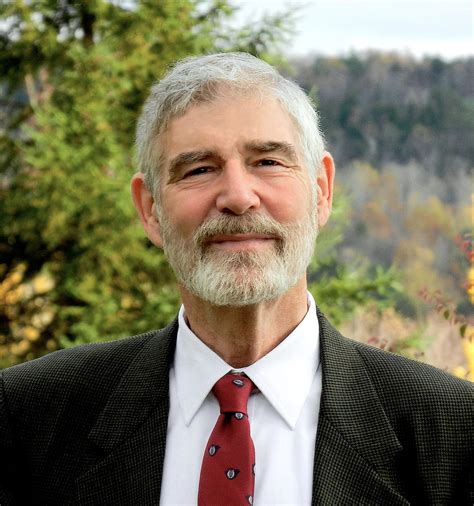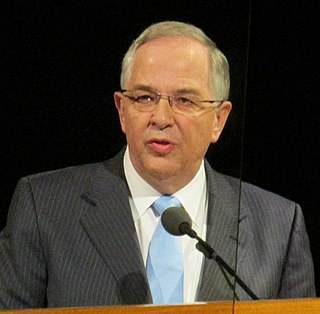A Quote by Alice Walker
Language is an intrinsic part of who we are and what has, for good or evil, happened to us.
Related Quotes
We can work, study, laugh and have fun, dance, sing, and enjoy many different experiences. These are a wonderful part of life, but they are not central to why we are here. The opportunity to choose good over evil is precisely why we are here. Not one of us would say, "I want to choose evil." We all want to choose the right. However, the choice of good over evil is not always easy, because evil frequently lurks behind smiling eyes.
Basic would never have surfaced because there was always a language better than Basic for that purpose. That language was Joss, which predated Basic and was beautiful. But Basic happened to be on a GE timesharing system that was done by Dartmouth, and when GE decided to franchise that, it started spreading Basic around just because it was there, not because it had any intrinsic merits whatsoever.
When one has once accepted and absorbed Evil, it no longer demands the unfitness of the means. The ulterior motives with which youabsorb and assimilate Evil are not your own but those of Evil.... Evil is whatever distracts. Evil knows of the Good, but Good does not know of Evil. Knowledge of oneself is something only Evil has. One means that Evil has is the dialogue.... One cannot pay Evil in installments--and one always keeps on trying to.
Whoever has the power to label others as evil is automatically, or reflexively, the good person. Good people label bad people as evil. And once you do that, then it demonizes them. You don't negotiate with evil. You don't sit down at the table with the devil and say, "Okay, let's work this out." What you want to do is destroy evil. Every Catholic kid every night says, or should say, "Lead us not into temptation, deliver us from evil." And so you've got to go to God to help you deal with evil rather than your State Department or your negotiators.
Not all that is presented to us as history has really happened; and what really happened did not actually happen the way it is presented to us; moreover, what really happened is only a small part of all that happened. Everything in history remains uncertain, the largest events as well as the smallest occurrence.
In the story of the Creation we read: ". . . And behold, it was very good." But, in the passage where Moses reproves Israel, the verse says: "See, I have set before thee this day life and good, and death and evil." Where did the evil come from? Evil too is good. It is the lowest rung of perfect goodness. If you do good deeds, even evil will become good; but if you sin, evil will really become evil.
According to classical utilitarianism, the only intrinsic good is happiness; the only intrinsic bad is pain. That implies no intrinsic value in preserving nature, that preserving an endangered plant is valuable only if it benefits humans or other animals. Intuitively, that seems wrong but perhaps I shouldn't trust my intuition here.






































